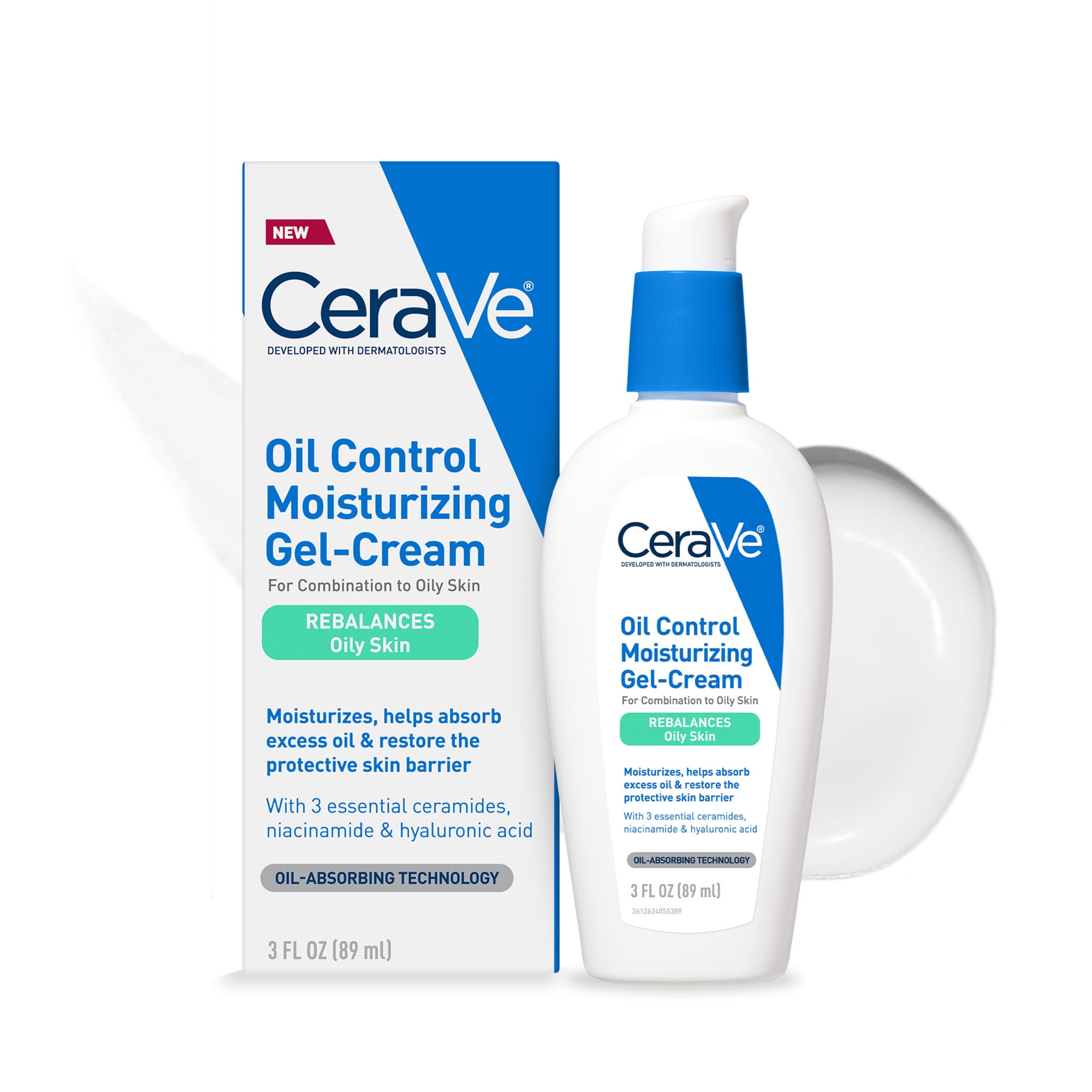AIM Uncovered
Exploring the latest insights and trends in technology and innovation.
Is Your Moisturizer a Liar? Debunking Common Myths
Uncover the truth about your moisturizer! Debunk popular myths and find out if your skincare is really delivering on its promises.
Top 5 Moisturizer Myths Exposed: What You Really Need to Know
When it comes to skincare, moisturizers are often the star of the show, but along with their popularity come a variety of myths that can confuse consumers. One of the biggest misconceptions is that oily skin doesn’t need moisture. In reality, all skin types benefit from hydration, including oily skin, which can become oily as a defense mechanism if it is stripped of moisture. According to the American Academy of Dermatology, finding the right moisturizer can help balance the skin and improve its overall appearance.
Another common myth is that expensive moisturizers are inherently more effective than their budget counterparts. However, many drugstore brands contain the same active ingredients as high-end products. Ingredients like hyaluronic acid, glycerin, and ceramides can be found at various price points. It's crucial to read labels and understand your skin's unique needs rather than focusing solely on the price tag. For more guidance, check out reviews on Cosmopolitan, where experts often break down the effectiveness of different moisturizers.

Is Your Moisturizer Enough? The Truth Behind Hydration
When it comes to skincare, many people believe that their moisturizer is the ultimate solution for achieving hydrated skin. However, the truth is that while moisturizers play a crucial role, they might not be enough on their own. The skin's hydration levels are influenced by a variety of factors including environmental conditions, diet, and overall skin health. According to research published by the National Institutes of Health, maintaining proper hydration involves both topical and internal approaches.
To truly understand if your moisturizer is enough, consider incorporating additional methods into your skincare routine. Here are some tips to enhance hydration:
- Drink plenty of water daily to support your skin from the inside out.
- Use a humidifier in dry environments to prevent moisture loss.
- Choose products with hyaluronic acid, glycerin, or other humectants to draw moisture into the skin.
For further insights on hydration and skincare, check out this comprehensive article from Healthline.
The Science of Moisturizers: Can They Truly Deliver on Their Promises?
The effectiveness of moisturizers can often be a topic of debate, with many individuals wondering can they truly deliver on their promises? To understand this, it's essential to explore the science behind how these products work. Moisturizers are primarily designed to keep the skin hydrated by creating a barrier that reduces water loss. According to the National Institutes of Health, key ingredients such as humectants (e.g., glycerin, hyaluronic acid) attract moisture from the environment or deeper skin layers, while emollients and occlusives help seal in that moisture, ultimately improving skin texture and appearance.
However, the question remains: do all moisturizers live up to their claims? While many products boast benefits like reducing fine lines or providing 24-hour hydration, the results can vary significantly from person to person. Factors such as skin type, climate, and product formulation all play a role in a moisturizer's overall effectiveness. A study published in the Journal of Dermatological Science emphasizes that while moisturizers can aid in skin health, they are not a cure-all solution and should be part of a broader skincare routine that includes sun protection and targeted treatments.